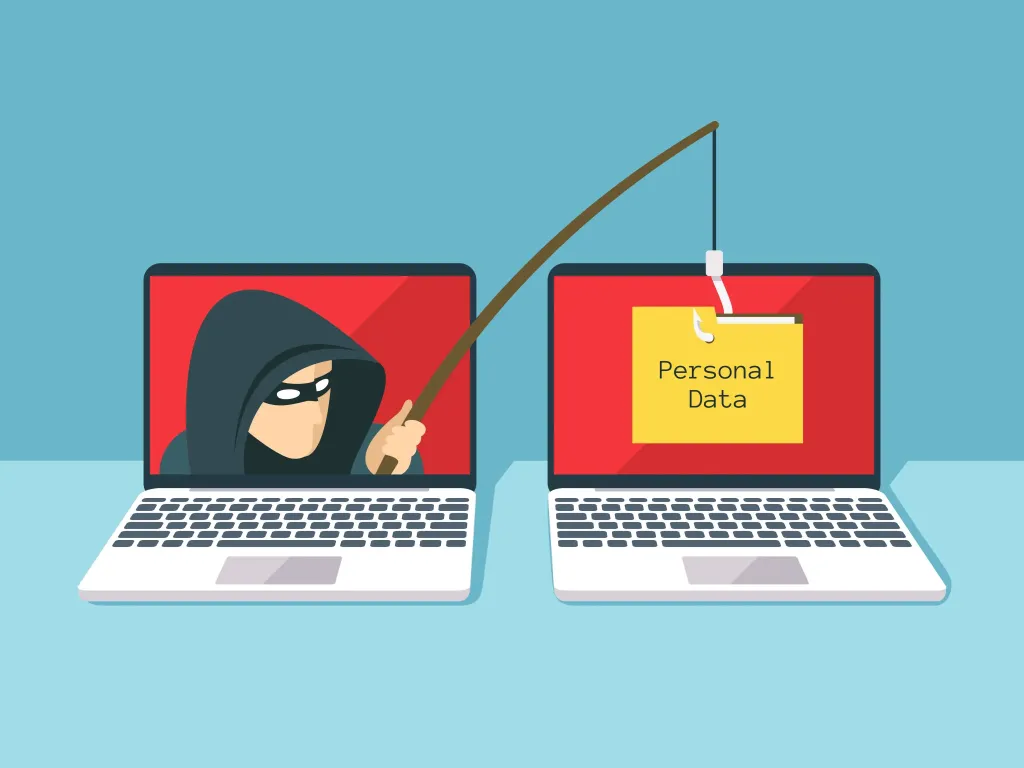Here’s the next article titled “Blockchain Technology: How It’s Revolutionizing Business Operations”:
Blockchain Technology: How It’s Revolutionizing Business Operations
Blockchain technology, best known as the foundation of cryptocurrencies like Bitcoin, is increasingly being adopted in various industries for its ability to provide secure, transparent, and decentralized data storage. As the world becomes more digitized, businesses are turning to blockchain to streamline operations, enhance security, and build trust with customers. In this article, we will explore how blockchain is revolutionizing business operations, its applications across different industries, and the challenges businesses face in adopting this technology.
1. What is Blockchain Technology?
At its core, blockchain is a decentralized, distributed ledger that records transactions across multiple computers. Each record, known as a “block,” is linked to the previous one, creating a secure chain. Because the information is stored on numerous computers, it is resistant to tampering, fraud, and data manipulation.
Key Features of Blockchain:
- Decentralization: Blockchain operates on a peer-to-peer network, removing the need for a central authority to oversee transactions.
- Transparency: All participants in the network have access to the same information, increasing transparency and trust.
- Security: Blockchain uses encryption to secure data and prevent unauthorized access.
- Immutability: Once data is added to the blockchain, it cannot be altered, ensuring the integrity of the information.
2. How Blockchain is Revolutionizing Business Operations
Blockchain technology is increasingly being seen as more than just a solution for cryptocurrency. It offers a wide range of benefits that can improve how businesses operate, including enhanced security, cost reduction, and efficiency.
1. Streamlining Supply Chain Management
One of the most significant applications of blockchain is in supply chain management. Blockchain allows for real-time tracking of products from their origin to the final destination, providing full transparency and traceability at every step.
- Improved Transparency: With blockchain, every transaction is recorded on an immutable ledger, allowing businesses and consumers to track the product’s journey through the supply chain.
- Faster Transactions: Traditional supply chain systems often require time-consuming intermediaries to confirm transactions. Blockchain eliminates the need for these intermediaries, speeding up processes.
- Counterfeit Prevention: Blockchain helps prevent counterfeiting by providing a secure and transparent record of the product’s provenance, ensuring that consumers receive authentic goods.
2. Enhancing Financial Transactions
Blockchain is disrupting the financial services industry by enabling faster, cheaper, and more secure transactions. Traditional banking systems rely on third-party intermediaries, such as banks, to validate transactions. Blockchain removes these intermediaries, allowing for direct peer-to-peer transactions.
- Faster Payments: Blockchain enables near-instantaneous transactions, even across borders, without the need for third-party validation.
- Lower Transaction Costs: By eliminating intermediaries, blockchain reduces the cost of transactions, making it more affordable for businesses to conduct cross-border payments and international transactions.
- Increased Security: Blockchain’s encryption and decentralized nature make financial transactions more secure, reducing the risk of fraud and cyberattacks.
3. Improving Contract Management with Smart Contracts
Smart contracts are self-executing contracts with the terms of the agreement directly written into lines of code. These contracts automatically execute actions when certain predefined conditions are met.
- Automated Execution: Smart contracts reduce the need for human intervention, minimizing errors and delays in contract execution.
- Transparency and Trust: Since the contract’s terms are stored on the blockchain, both parties can view the agreement, ensuring clarity and reducing the risk of disputes.
- Cost Reduction: By automating processes and eliminating the need for intermediaries, smart contracts reduce administrative costs and streamline business operations.
4. Decentralized Identity Verification
Blockchain is being used to create secure, digital identities that allow users to verify their identity online without relying on a centralized authority. This has significant implications for businesses in various sectors, including banking, healthcare, and e-commerce.
- Self-Sovereign Identity: Blockchain enables individuals to own and control their identity, reducing the risk of identity theft and fraud.
- Faster Verification: Businesses can verify identities in real-time, improving efficiency and reducing the time spent on manual verification processes.
- Privacy Protection: Blockchain allows individuals to selectively share personal data, ensuring privacy while still enabling secure transactions.
5. Reducing Fraud in Digital Transactions
Fraud is a significant issue for many businesses, particularly in industries like e-commerce, insurance, and finance. Blockchain’s decentralized nature and immutability make it difficult for malicious actors to manipulate data, reducing the likelihood of fraud.
- Transparent Transactions: Blockchain’s transparent ledger allows businesses to trace every transaction and ensure that no fraudulent activities are taking place.
- Tamper-Proof Records: Once data is entered into the blockchain, it cannot be altered, making it almost impossible for criminals to forge or tamper with transaction records.
3. Blockchain Applications Across Different Industries
Blockchain’s transformative potential extends to a wide range of industries. Below are some key sectors where blockchain is making a significant impact.
1. Healthcare
Blockchain is being used to enhance data security, streamline medical records management, and improve patient care in the healthcare industry.
- Medical Record Management: Blockchain provides a secure, decentralized way to store patient data, allowing healthcare providers to access accurate medical records in real time.
- Drug Traceability: Blockchain helps track the entire lifecycle of pharmaceutical products, ensuring that drugs are safely produced, transported, and sold, reducing the risk of counterfeit medications.
- Patient Privacy: Blockchain’s secure encryption methods ensure that patient information is protected, addressing concerns over data breaches and privacy violations.
2. Real Estate
Blockchain is transforming the real estate industry by simplifying property transactions and improving transparency in ownership records.
- Property Title Management: Blockchain can help maintain secure and transparent records of property ownership, reducing disputes and fraud in real estate transactions.
- Smart Contracts for Real Estate Deals: Blockchain-based smart contracts can automate the buying and selling process, making transactions faster and more secure.
- Tokenization of Real Estate Assets: Blockchain allows for the fractional ownership of real estate, enabling investors to purchase smaller shares of high-value properties.
3. Energy
Blockchain is being adopted in the energy sector to improve energy trading, optimize distribution, and enhance sustainability.
- Peer-to-Peer Energy Trading: Blockchain enables decentralized energy markets, allowing consumers to trade surplus energy directly with one another, bypassing traditional energy providers.
- Transparent Carbon Tracking: Blockchain helps track carbon credits and emissions, providing a transparent system for monitoring and verifying environmental impact.
- Energy Supply Chain Optimization: Blockchain improves the tracking and management of energy production and distribution, reducing inefficiencies and wastage in the supply chain.
4. Voting and Governance
Blockchain is being explored as a solution for secure, transparent voting systems that can help prevent election fraud.
- Secure Digital Voting: Blockchain’s tamper-proof ledger can be used to create secure, anonymous voting systems that are resistant to manipulation.
- Decentralized Governance: Blockchain allows for decentralized governance models, where decisions can be made through transparent, verifiable voting processes.
5. Entertainment and Media
The entertainment industry is leveraging blockchain to create fairer, more transparent systems for distributing content and compensating creators.
- Content Distribution: Blockchain enables creators to distribute their work directly to consumers, bypassing intermediaries and ensuring fair compensation.
- Copyright Protection: Blockchain can help protect intellectual property by creating a transparent record of content ownership and usage rights.
4. Challenges of Adopting Blockchain in Business
While blockchain offers significant advantages, businesses face several challenges in adopting and implementing the technology:
1. Scalability
Blockchain networks can face challenges with scalability, particularly when handling large volumes of transactions. While the technology is highly secure, it can sometimes struggle to keep up with the speed and volume of transactions required by businesses.
2. Regulation and Legal Concerns
As blockchain is still a relatively new technology, there is a lack of clear regulation in many regions. Businesses must navigate a complex regulatory landscape when adopting blockchain, ensuring compliance with laws regarding data privacy, financial transactions, and intellectual property.
3. Integration with Legacy Systems
Integrating blockchain with existing business systems can be a complex and costly process. Many businesses use legacy systems that may not be compatible with blockchain, requiring significant upgrades or modifications to infrastructure.
4. Security Risks
While blockchain is inherently secure, it is not immune to hacking. There are concerns about the security of cryptocurrency exchanges, smart contracts, and other blockchain applications that could be vulnerable to attacks.
5. The Future of Blockchain in Business
Blockchain is poised to continue revolutionizing business operations, with significant potential in improving transparency, security, and efficiency. As businesses become more familiar with the technology, its applications are likely to expand across industries, offering new opportunities for innovation. However, businesses must overcome challenges such as scalability, regulation, and integration to fully realize the potential of blockchain technology.
6. Conclusion
Blockchain technology is transforming the way businesses operate, offering innovative solutions to enhance security, streamline processes, and improve transparency. From supply chain management and financial transactions to healthcare and real estate, blockchain is making an impact across various industries. While there are challenges in adopting the technology, the potential benefits make it clear that blockchain will continue to shape the future of business.
Let me know if you’d like to explore another topic or modify any part of this article!



